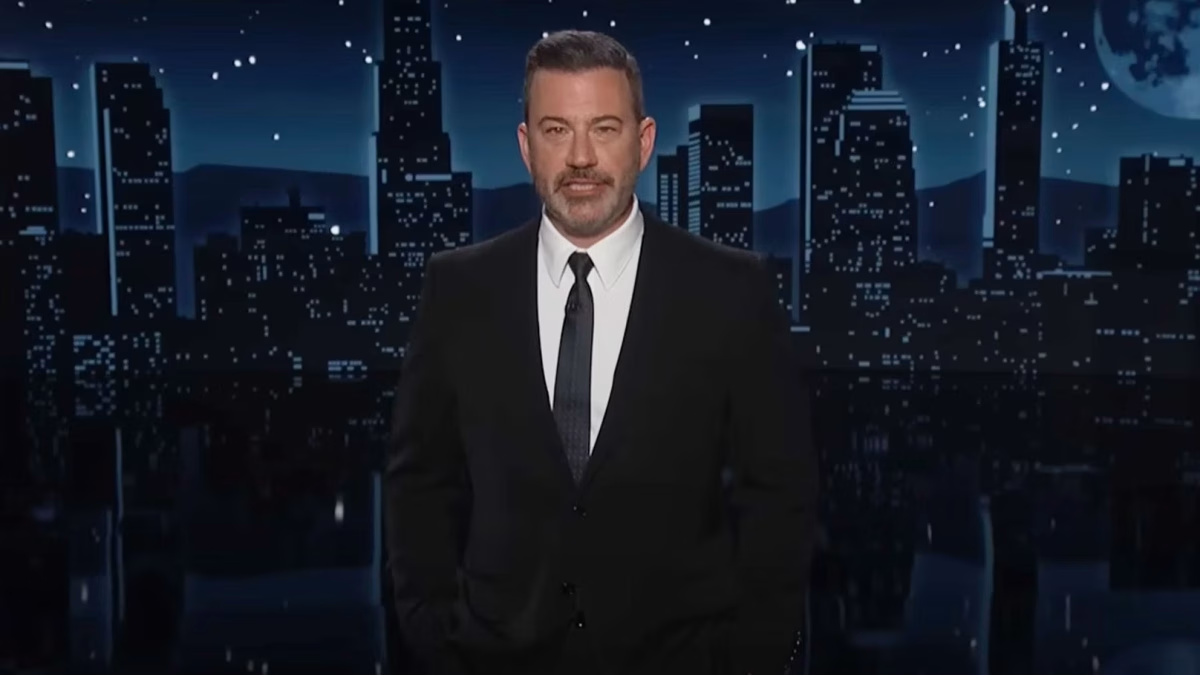Looking in the Ugly Face of American History
June 5, 2019
Undoubtedly, our country is imperfect. From the colonial exploitation of Native Americans to racially motivated horrors committed by the KKK, there are countless examples of injustice in America’s past. However, whether or not we want to, we as its citizens must bear the weight of its history upon ourselves in order to fathom many deep-seated sociopolitical issues of today. To do so, comprehensive American history must be taught in schools.
The issue of ignorance stems from the national education system and its complacency with editing history to individual liking. According to Pat Hardy, a Texas Board of Education member, slavery was a “side issue to the Civil War.” The views he and other board members held led to five million Texas students using textbooks that diminish the immense role of slavery in provoking the war. The approved textbooks also skim over the history of the Ku Klux Klan and Jim Crow laws, two innately American indecencies. The result of this curtailment of historical truth is a poorly-informed population of adolescents; a study conducted in 2014 by the National Assessment of Educational Progress showed a mere 18% proficiency rate in US History for American high school students.
The problem arises also from the unsightliness of our history—the cruel mistreatment of indigenous and racial groups unfortunately characterizes America. However, the ignorance of these flaws will do little to create informed citizens out of our students.
Informing America’s youth holds a higher moral priority than memorizing textbook pages or cramming for AP exams. This issue boils down to the unwillingness of Americans to look at themselves, their past, and their ancestors with a critical eye. But viewing politics and social issues with the appropriate frame of reference is necessary to create informed opinions. With education on their side, American adolescents may view issues in today’s society against their correct sociopolitical backdrop and, correspondingly, may form their own clear and enriched opinions.
History both immortalizes the ideology of a nation at a single time in the past and charts the course of where our society is headed in the future. Thus, we must understand the mindset behind the notorious inequities in American history and learn why our wrongdoings were wrong, lest we repeat them. Skimming over the tough-to-swallow parts of our history only allows us to eventually repeat our past mistakes. In teaching the complete history of our nation, evils and all, we will foster a more informed population that will beget a bright future–one that history books will accept without question.


















































































































































